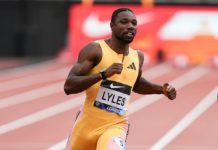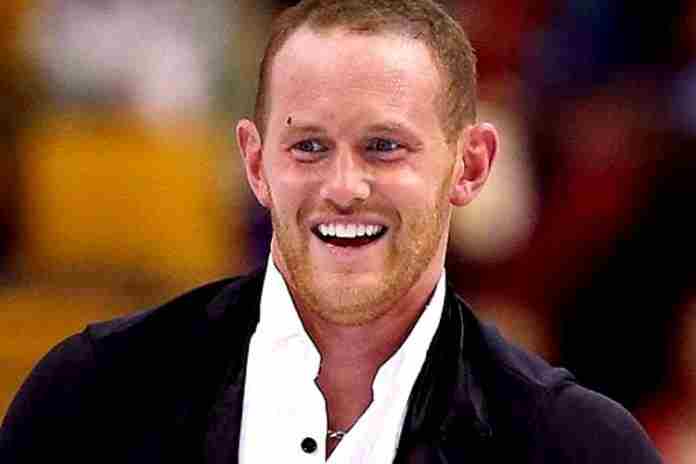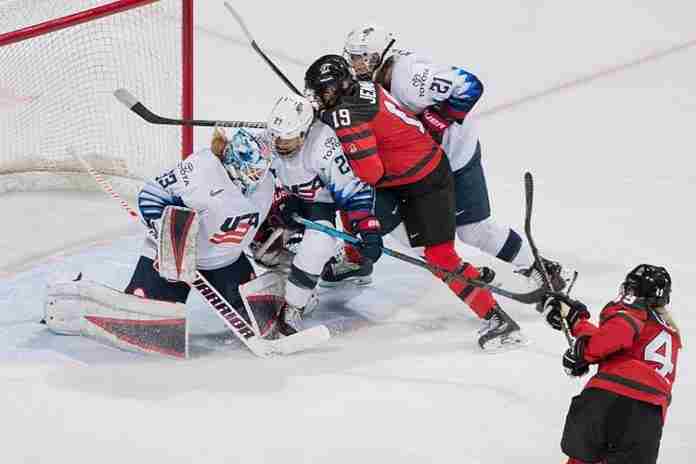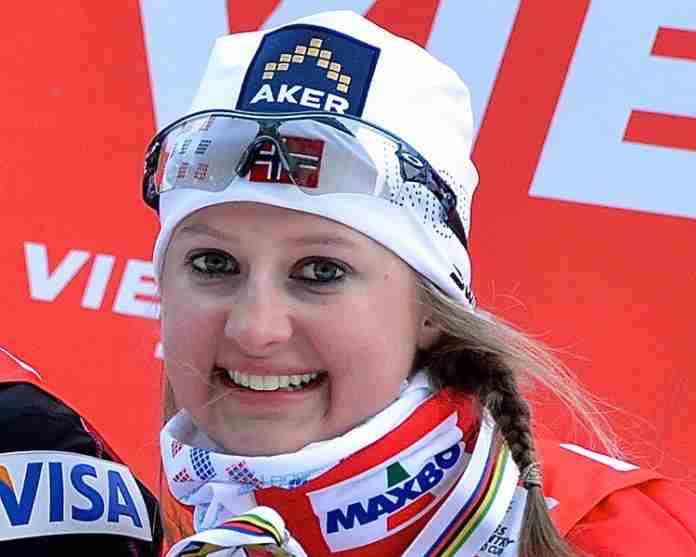~ The U.S. Center for SafeSport has ended its investigation into allegations of sexual misconduct against the late figure skater John Coughlin despite a strongly worded request from U.S. Figure Skating to complete the investigatory process.
USFS expressed disappointment in the news, which was contained in an opaque statement Tuesday from SafeSport spokesman Dan Hill “regarding its (the Center’s) application of interim measures in response to recent events.“
The statement did not mention Coughlin by name, which Hill indicated in an email was a SafeSport policy. Its critical point, made obtusely, was Coughlin’s death precluded the need to continue.
“Since the Center’s response and resolution process works to protect the sport community and other covered persons from the risks associated with sexual misconduct and abuse, it cannot advance an investigation when no potential threat exists,” the SafeSport statement said.
U.S. Figure Skating reacted later Tuesday by saying, in a statement, that the federation “is disappointed to learn of the U.S. Center for SafeSport’s decision to close the investigation into the allegations against the late John Coughlin. The allegations and Coughlin’s death have left his family, those who reported the allegations, many in the figure skating community and survivors of abuse searching for answers.”
The SafeSport statement contained no details about who made the decision and how it was made.
“The Center made the decision after much deliberation — a very tough situation,” Hill said in an email response to my question on the decision-making process.
Coughlin, a two-time U.S. pairs champion, took his own life Jan. 18, a day after he had been suspended by SafeSport following three reports of sexual misconduct against him. That suspension, an interim measure, was posted on the SafeSport web site but removed from the web site five days after Coughlin’s death at age 33.
Pending resolution of the case, the prohibitions prevented or had the effect of preventing Coughlin from doing nearly everything he had done in the sport since leaving competitive skating in 2014: coaching, commentating, representing an equipment manufacturer and serving on international and national figure skating athletes’ commissions.
U.S. Figure Skating’s top two officials said in a Jan. 24 press conference that the federation had written SafeSport to urge it finish the investigation.
“U.S. Figure Skating believes it is imperative that the Center complete its investigation,” USFS executive director David Raith said at the press conference during the U.S. Championships. “We believe the Center has an obligation to all involved in our (skating) community to do so.”
Added USFS President Anne Cammett: “We believe all parties involved deserve an answer. . .if it just ends, there is not the closure.”
In a Jan. 21 interview, Hill had said it was unlikely the investigation would continue.
“When it comes to sexual misconduct, these cases rely heavily on testimony,” Hill said. “Without one of the parties, how do we do an investigation? He (Coughlin) wouldn’t get to defend himself or to give conflicting testimony. And it’s not certain that the reporting parties would want to participate at this point.”
Coughlin was placed on restricted status by SafeSport in December and then given the interim suspension a month later. Both the restriction and suspension are interim measures SafeSport can apply while investigating and adjudicating a case.
There was widespread criticism about the center’s making the measures public while the case was unresolved.
The intention of SafeSport is to help protect athletes, especially minors, from being abused.
By not identifying people whose actions have generated reports of abuse, the alleged abuser gets potential free rein to continue such misconduct before SafeSport resolves the case, which often is a lengthy process.
Here is the Center for SafeSport’s entire Tuesday statement:
DENVER— The U.S. Center for SafeSport takes seriously its responsibility to respond to reports of sexual misconduct in the U.S. Olympic and Paralympic Movements. The Center recognizes the many sensitivities related to these matters and developed the SafeSport Code, and its trauma-informed approach, in accordance with best practices. A central principle of the Code is fairness, which is reflected in every aspect of the Center’s work and process, including intake, screening, investigation and resolution.
Reports of sexual misconduct vary in severity, which is why the Center has tools, including interim measures, that it can apply on a case-by-case basis. Interim measures, such as restrictions or suspensions, are temporary and allow the Center the flexibility necessary to mitigate potential risks to the sport community and protect the well-being of individuals during various stages of the resolution process. They can be modified or removed as more information becomes available and enable the Center to fulfill its mission to protect individuals while adhering to its commitment to fairness. They are not used in every matter, do not represent a final resolution and should not be interpreted as a finding of wrongdoing.
Interim measures are communicated to responding parties directly, in writing, at the time they are issued and include the following:
• The reason(s) for the interim measure(s), the allegation(s) the Center received, information about the investigation process; and
• The responding party’s ability to appeal any interim measures to an independent, trained arbitrator at any time (which the Center must accommodate within 72 hours if requested), the right to an advisor, and the opportunity to speak with an investigator about the allegations, ask questions, share an account of the situation and identify witnesses and other relevant information and evidence.
In no way does the Center restrict individuals from speaking for themselves, though it may advise caution in the interest of protecting individuals’ privacy and safety, especially that of minors.
Since the Center’s response and resolution process works to protect the sport community and other covered persons from the risks associated with sexual misconduct and abuse, it cannot advance an investigation when no potential threat exists. It can, and has in certain instances, opened new and separate matters when it learns of other potential Code violations, including retaliation, abuse of process and/or a failure to report.
The Center continues to carry out its mission of making athlete well-being the centerpiece of the nation’s sports culture through abuse prevention, education and accountability. Information about how and where to make a report can be found on its website https://www.safesport.org/report-a-concern.




























